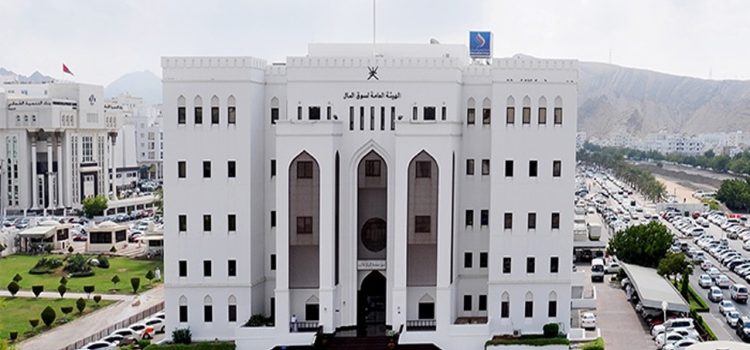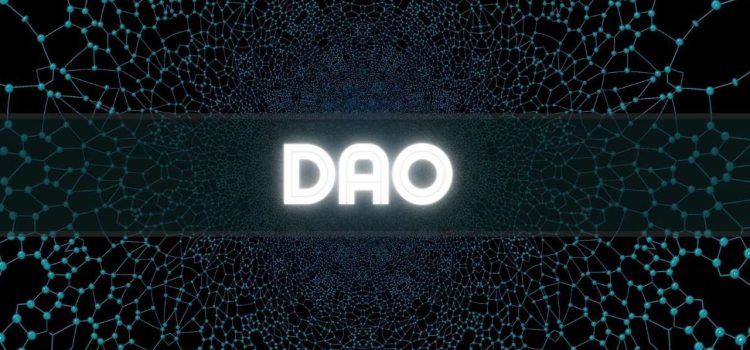
The UAE’s Dubai International Financial Centre (DIFC), which is autonomously regulated, has proposed a new securities digital asset law in a new consultation paper.
The new Law of Security and related amendments to select existing legislation will cater to the requirements of the DIFC’s proposed digital assets regime to other DIFC laws. The proposed legislative enactments, and amendments to existing legislation, aim to ensure DIFC Laws keep pace with the rapid developments in international trade and financial markets arising from technological developments, and to provide legal certainty for investors in, and users of, digital Assets.
Jacques Visser, Chief Legal Officer at DIFC, commented: “DIFC is excited to announce a proposed new Digital Assets Law and new Law of Security regime. DIFC has been working closely with experts in the field of digital assets and banking and finance to create a groundbreaking Digital Assets Law, and in doing so proposes a significantly enhanced and updated Law of Security regime. The proposed Digital Assets Law sets out the legal characteristics of a digital asset, its proprietary nature, how it may be controlled, transferred, and dealt with by interested parties. The proposed new Law of Security is modeled on the UNCITRAL Model on Secured Transactions and has been adapted to take account of specific factors relating to DIFC. We believe these proposals will put DIFC’s legal and regulatory framework at the forefront of international best practice.”
The UNCITRAL Model Law on Secured Transactions (the “Model Law”) deals with security interests in all types of tangible and intangible movable property, such as goods, receivables, bank accounts, negotiable instruments, negotiable documents, non-intermediated securities and intellectual property with few exceptions, such as intermediated securities.
In the press release DIFC states, that digital Assets, such as cryptocurrencies, NFTs, stablecoins and security tokens, represent a trillion-dollar asset class and the scope for future innovation and market opportunities within it are considerable. Thus far the primary focus in many jurisdictions has been to regulate and impose enforcement related sanctions on some of the practical applications of this asset class from a regulated financial services perspective.
However, the fundamental benefits brought about by blockchain technology, the digital assets that can be created thereby, and their application across a wide spectrum of use cases will grow and become of increasing importance in a much wider context.
In this regard, the broader legal questions as to the exact nature of the legal features and impact of digital assets remains open for debate on several key issues. International legal developments and judgments across the common law world have begun to provide some clarity in this regard but has, to date, not yet provided a comprehensive legal framework mapping out the full extent of the legal characteristics of a digital asset and how users and investors within this asset class may interact with digital assets and each other.
Following extensive review of the legal approaches taken to digital assets in multiple jurisdictions, DIFC is now publishing for public consultation its own Digital Assets Law proposal to provide such a comprehensive framework in DIFC. In addition, the legislative proposal also proposes changes to other cornerstone DIFC laws, including the Contract Law, the Insolvency Law, the Law of Obligations, the Trust Law, and the Foundations Law to cater to the requirements of digital assets in the larger legal framework of the DIFC.
Similarly, a great deal of innovation has taken place in secured transactions regimes internationally – particularly since the current Law of Security was enacted in 2005. This includes the emergence of businesses and platforms that enable the extension of credit in, and secured or covered by, digital asset collateral arrangements, and an increasing drive to digitize international trade.
Following consideration of regimes in other jurisdictions and particularly UNCITRAL’s Model Law on Secured Transaction, in conjunction with the proposed new Digital Assets Law, DIFC proposes to repeal the current Law of Security, and to significantly amend and enhance DIFC’s securities regime. This will align the regime with international best practice and provide clarity in relation to taking security over digital assets. In doing so, the DIFC also proposes to repeal the current Financial Collateral Regulations and amalgamate the financial collateral provisions into a new chapter of the proposed new Law of Security.
The proposed legislative changes contained in Consultation Papers No. 4 and No. 5 of 2023 have been posted for an extended 40-day public consultation period with the deadline for providing comments ending on 5 November 2023. The Consultation Papers are available on the DIFC Legal Database.
The proposed amendments reflect the Centre’s commitment to maintaining a transparent and robust legal and regulatory framework aligned with global best practice.










